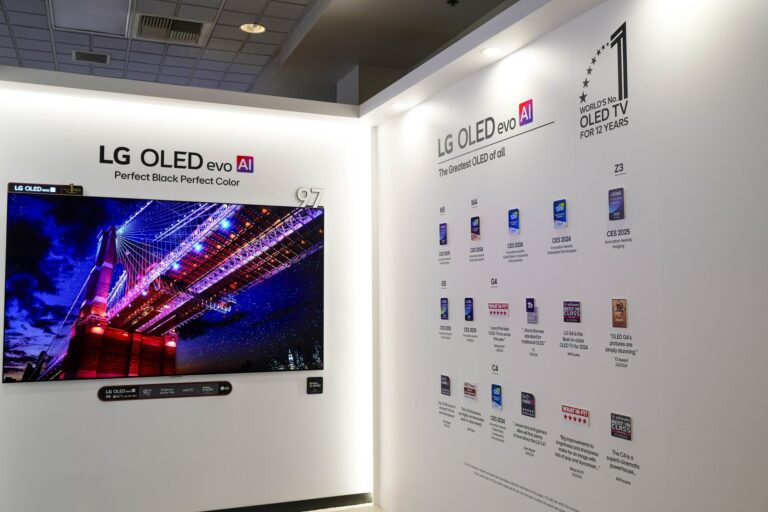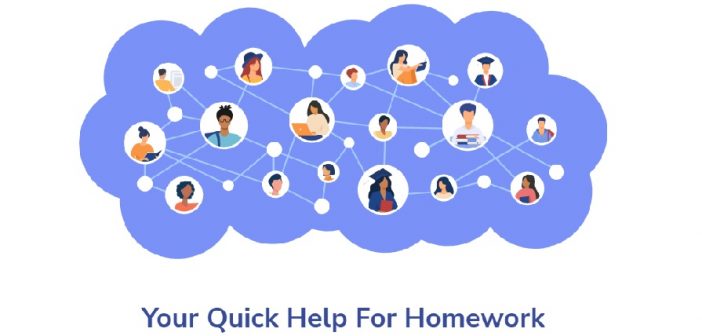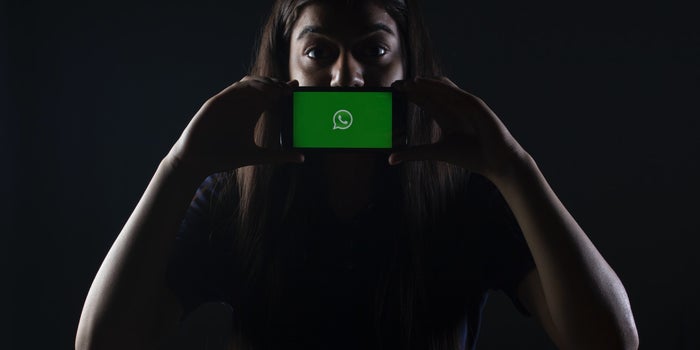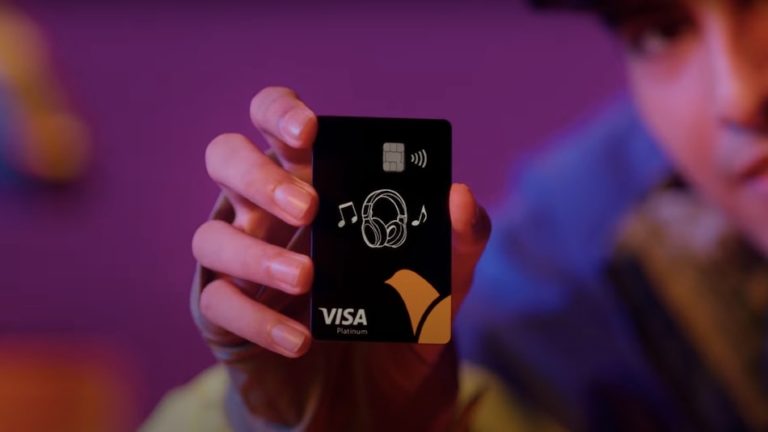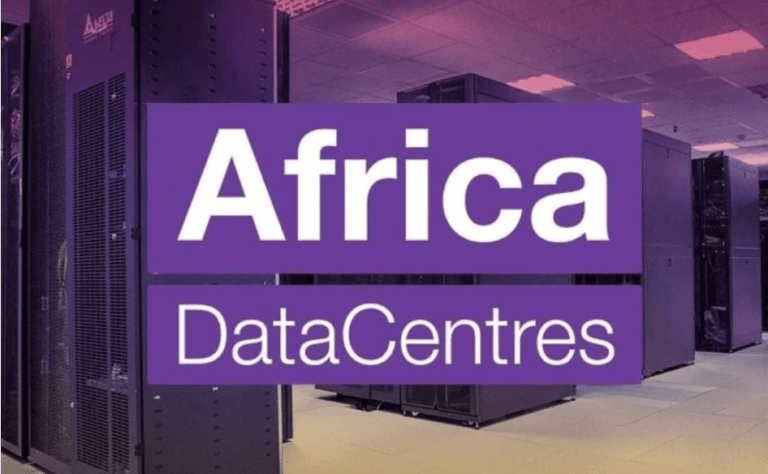New mobile apps are helping Togo tackle COVID-19
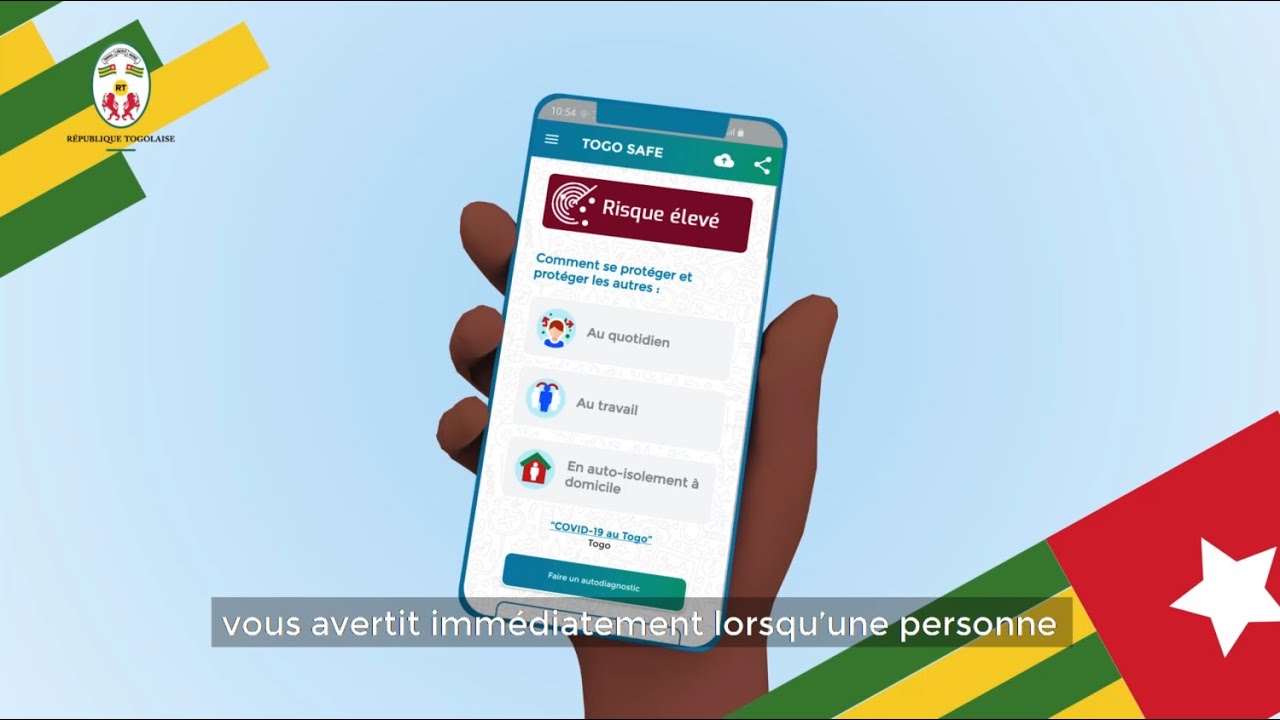
The COVID-19 disease has infected over 290 million people worldwide, claimed over 5 million lives, and pushed millions into extreme poverty.
The pandemic has been devastating in every way, and its impact has been felt in Africa as well, where over 9.7 million cases and 228,000 deaths have been reported.
However, the magnitude of the crisis has varied across the continent. Togo is one of the less affected countries. According to data from the Africa Centres for Disease Control and Prevention (Africa CDC), the French-speaking country has so far recorded 31,500 infections and 250 deaths from COVID—relatively low nominal figures when compared to Nigeria or South Africa.
Locally-led digital solutions have been critical to authorities’ efforts to limit the pandemic’s spread in the small West African country of about 8 million people and a GDP of around $7.5 billion.
Togo’s Ministry of Digital Economy and Transformation, led by Havard graduate and former World Bank analyst Cina Lawson, unveiled the latest in a growing list of mobile-based solutions to help Togolese cope with the pandemic last month.
PassCovid19TG, a new mobile application, enables people to easily upload, access, and present their COVID-19-related health information. Vaccination certificates, PCR tests, and the Togolese or European Union COVID Pass, whether digital or paper, can be uploaded to the app by scanning their QR codes.
The new application, which uses smartphones to present COVID digital certificates, is expected to facilitate and improve the control and checking of health passes in Togo, where people must present passes before entering public spaces ranging from airports and worship centers to restaurants and bars.
“The PassCovid19TG can also be used when traveling to check in advance the validity of the Pass in the country of destination, particularly in the European Union area,” said Lawson, who has overseen the development of several technological solutions that have assisted Togo in effectively managing the COVID-19 crisis better than its wealthier, larger, and ostensibly more tech-savvy regional neighbors, Nigeria and Ghana.
COVID lockdowns and restrictions threatened livelihoods in Togo, a country where pre-pandemic per capita GDP was less than $700 in 2019 and average income was less than $2 per day. According to World Bank estimates, the crisis has affected approximately 62 percent of jobs in the country, particularly in the informal sector, which employs the majority of Togo’s labor force outside of the agricultural sector.
Faced with the prospect of worsening poverty as a result of rising unemployment and dwindling income, the government launched Novissi (meaning “solidarity” in the local Ewe language) in April 2020, a mobile money-based cash transfer scheme to assist those most economically impacted by the pandemic.
According to data on the Novissi website, more than 1.6 million Togolese registered for monetary assistance via their mobile phones. The digital ministry, led by Lawson, then used voter identification data to select beneficiaries, focusing on 600,000 people who identified as “informal workers” in urban areas, indicating they were likely to be poor.
However, because the government is unable to support all of the millions of informal workers, identifying the poorest citizens in rural areas of the country necessitated more sophisticated solutions. Togo sought help from satellite imagery and artificial intelligence.
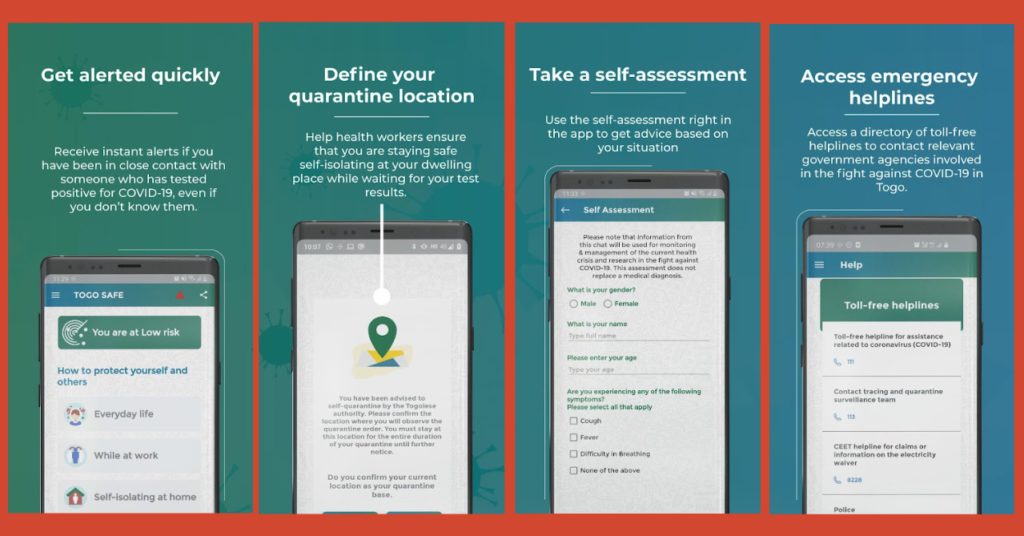
The government was able to identify the poorest 100 cantons in the country using satellite imagery data thanks to researchers at the University of California and the US-based NGO GiveDirectly. It then analyzed mobile phone data from primary network providers to identify users in those areas who had patterns that suggested they were poor.
“We chose a fully digital approach, which allows us to directly reach beneficiaries via mobile payments while ensuring traceability and transparency,” Lawson writes on the Novissi website. “The solution represents a genuine methodological break with the past and foreshadows how social safety nets and cash transfer programs will be implemented in our country in the future.”
According to official data, Lomé has distributed approximately CFA13.3 billion (over $22 million) directly into the mobile wallets of more than 800,000 people in various communities affected by the crisis. Women account for the vast majority of beneficiaries (over 500,000), and they received more ($22) in single 3–5 monthly cash transfers than men ($20).
“People should not have to choose between death by COVID-19 or death by hunger,” said President Faure Gnassingbe on Novissi. “Other African leaders could use a similar mobile-based cash transfer scheme as well.” In this Bloomberg article, Anit Mukherjee, a policy fellow at the Centre for Global Development, claims Novissi makes America’s COVID cash transfer program look like a “dinosaur.”
Around three months after launching the Novissi scheme, and as reported COVID cases increased in Togo with the emergence of the more contentious and lethal Delta variant, the government launched Togo Safe, a COVID contact-tracing application, to initiate the health protocol required to contain the virus’s spread in real-time.
The web and mobile-based platform uses digital geolocation to track infected individuals and immediately alerts others when they come into contact with those who have tested positive for the virus.
Togolese can also use the app to see the number of COVID cases in their area, as well as get health advice and a list of useful pandemic-related hotlines.
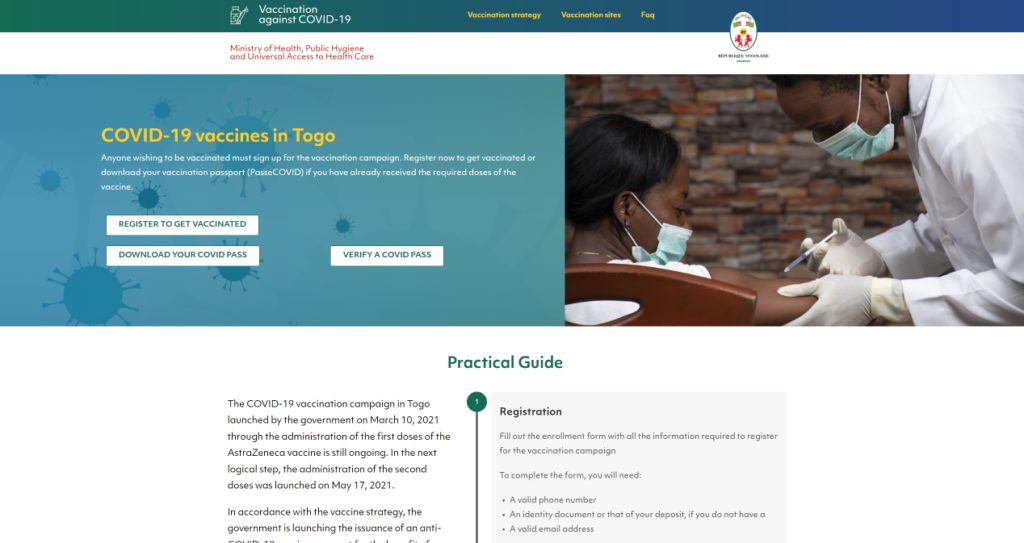
Togo’s technologically savvy approach to dealing with the pandemic extends to vaccination efforts. With the help of a system that relied on digital channels to reach people across the country, the country was able to vaccinate 98 percent of its health workers within a week of receiving 156,000 doses of COVID-19 vaccines from the COVAX facility last March.
The government has launched a mobile and web-based service that allows Togolese to register for vaccinations using their phones. An individual only needs to dial the shortcode *844# from a local number and follow the prompts, after which they will receive a 14-digit code to present at the health center for vaccination.
More than 50,000 people registered for vaccination via SMS and the website in less than a month. Togo currently has the highest vaccination rate in West Africa, trailing only Cape Verde.
The digital-driven response appears to be effective, as COVID infection rates in Togo have remained low thus far, while poverty rates have only marginally increased in 2020. It has also received international attention and recognition. The West African country was ranked second in Africa and 15th globally on the COVID Performance Index developed by the Australian think tank, Lowy Institute. According to Lawson, many African countries are interested in replicating Novissi.
Togo may not be known for tech startups with global appeal and recognition, or for billions in venture funding, but the country aspires to become a digital hub by 2025, relying on mobile connectivity penetration. More than 80% of the population had a mobile phone as of January 2021.
Given how the government has used ICTs in its COVID response, Damien Mama, the United Nations Resident Coordinator in Togo until September 2021, believes the small West African country is on track to improve its economy through digital technologies.
“The digital sector is without a doubt one of the most promising means of achieving the sustainable development goals in a small country with big ambitions like Togo,” a UN official wrote in a blog post.


